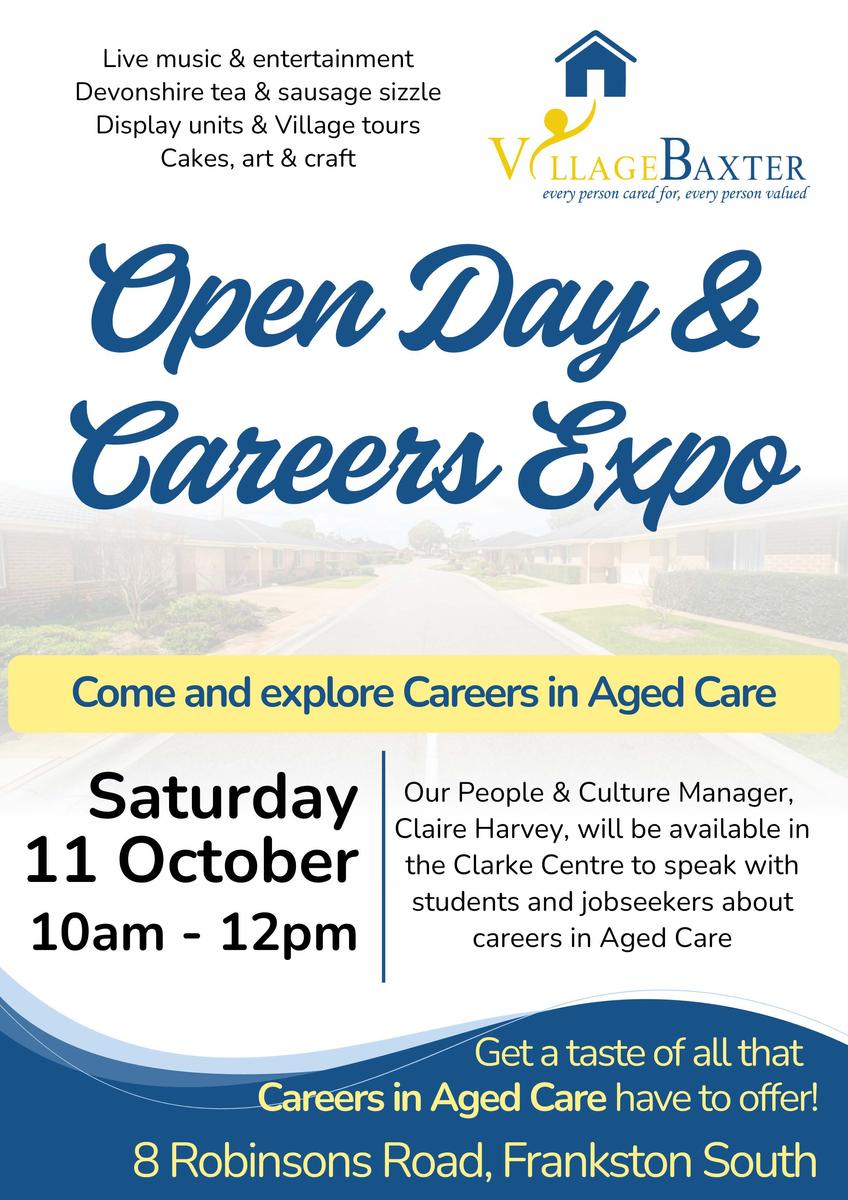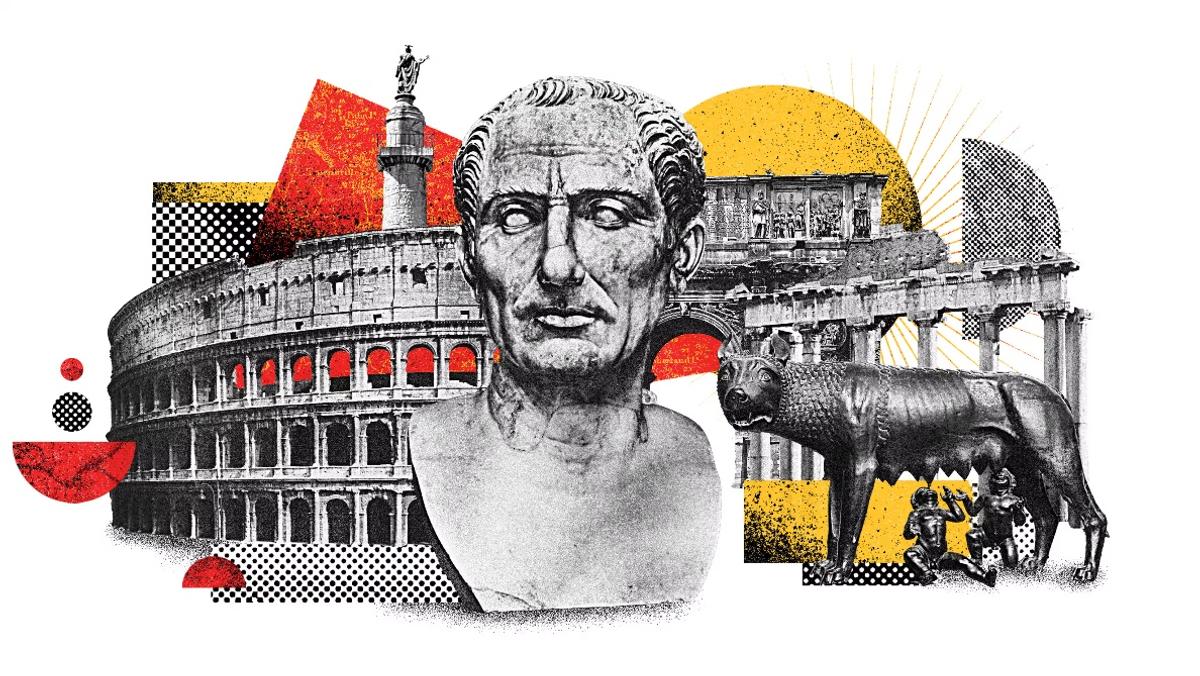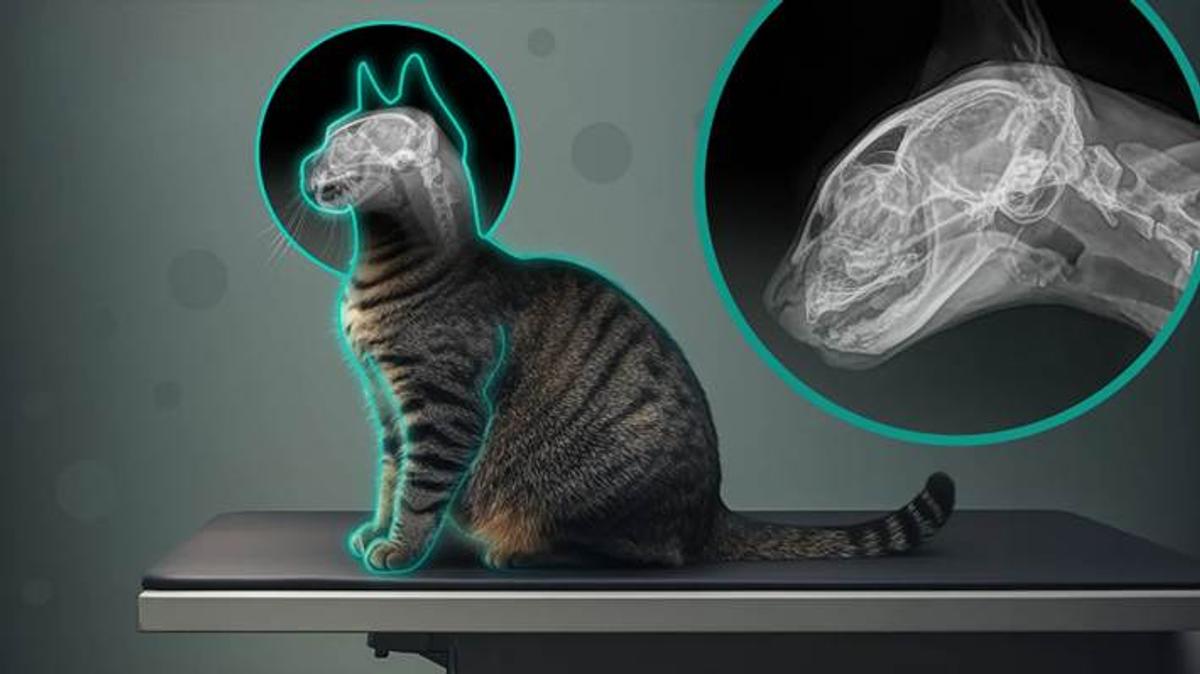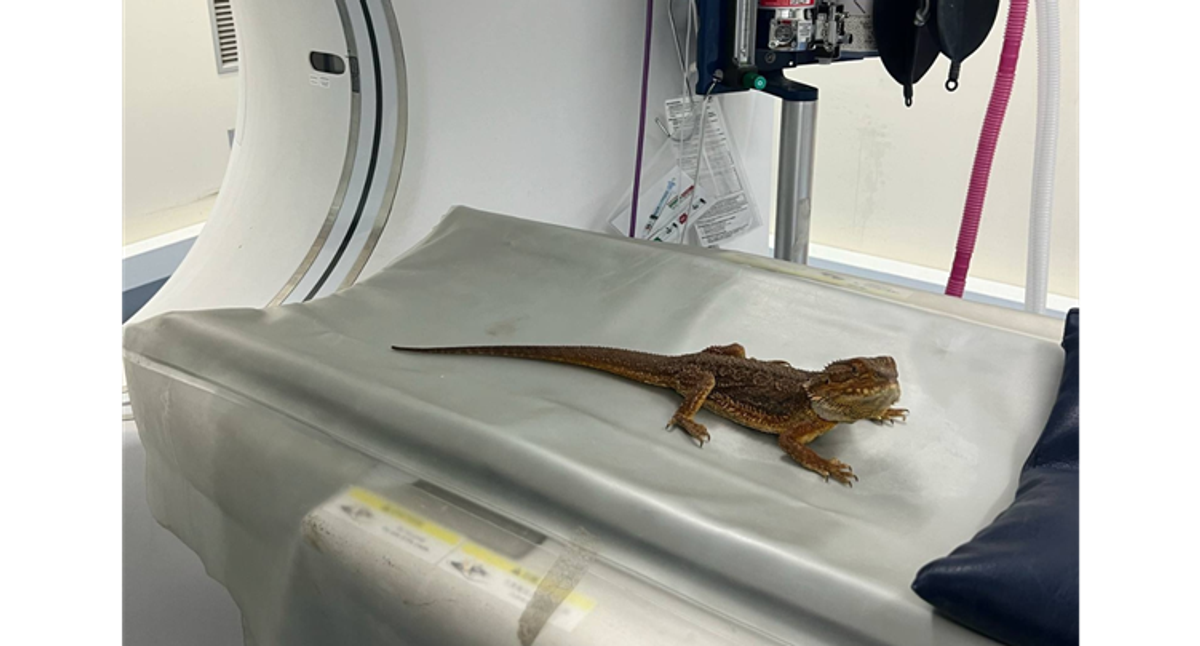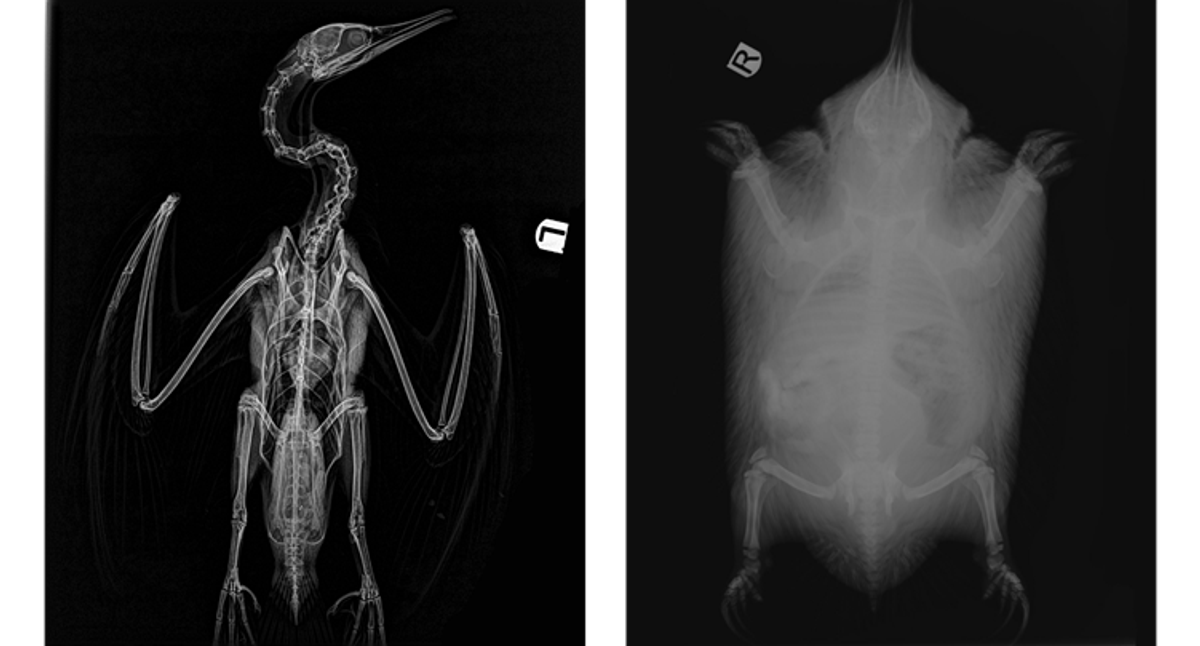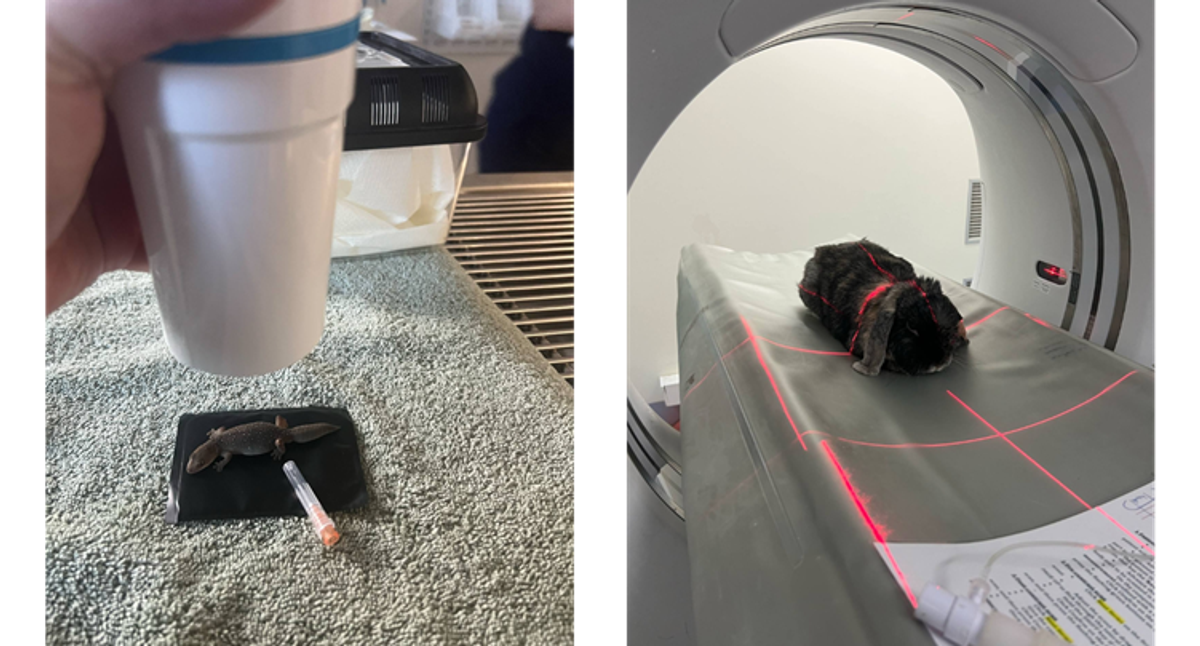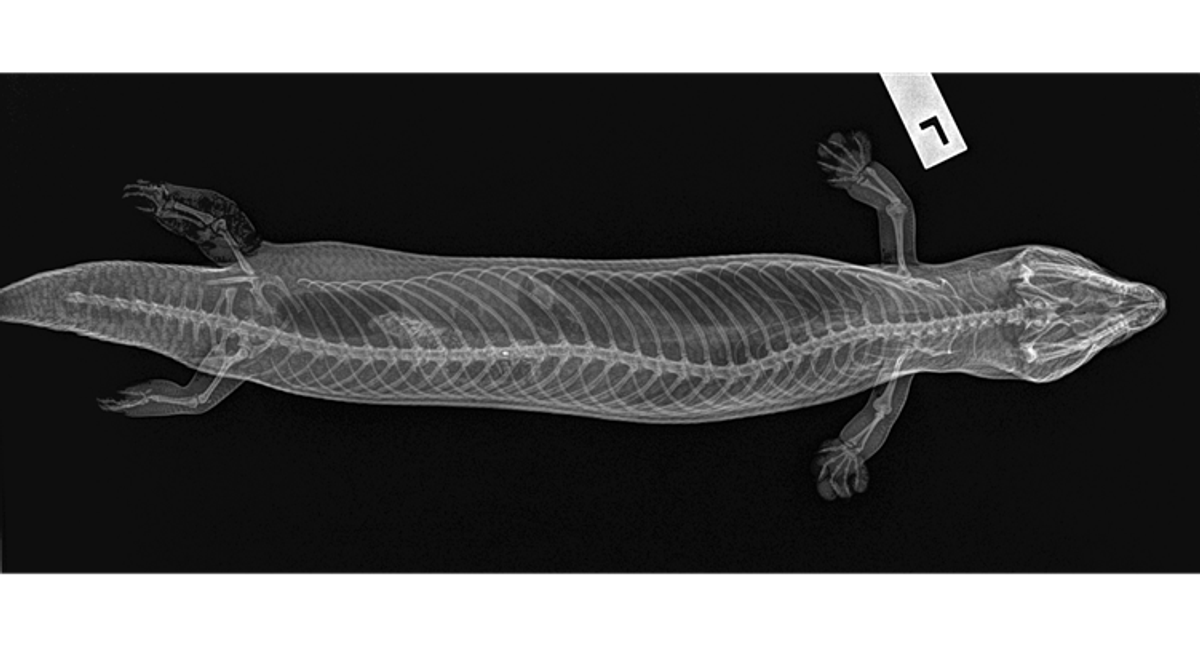Careers Update

Exploring Career Pathways with Middle School Students
Term 3 Highlights
Term 3 has been a dynamic and rewarding time for our Middle School students as they continue to explore future career pathways and set personal goals through their Career Action Plans. Below is a summary of some of the highlights.
Year 7 – Extended Homegroup Pathways Program
Our Year 7 students have embraced career-focused lessons during Extended Homegroup. These sessions encourage students to reflect on life beyond the classroom by making connections between their passions, strengths, and possible future careers. As part of this process, students completed a Career Action Plan which we encourage students to share and discuss with their families.
Year 8 – Subject Selection Process
Last term, Year 8 students took part in the Subject Supermarket, where they heard directly from subject leaders about the wide range of subjects available in 2026 and how these choices support their senior school journey and beyond. Complemented by pathway-focused lessons, this event helped students explore and evaluate their personal subject options.
In the middle of this term, students successfully completed the online subject selection process, submitting their preferences for 2026.
Year 9 – My Career Insights & Course Counselling
Year 9 students have been focusing on career exploration with a strong emphasis on the changing world of work. Earlier this term, they prepared for and participated in the Course Counselling Event, attending appointments with a parent/carer to finalise and submit their subject choices for 2026. With the support of staff, students explored their options, asked questions, and received tailored advice to help them plan their next steps with confidence.
What’s Coming Up for Year 9?
The Department of Education, in partnership with the Australian Centre for Career Education, will once again provide Year 9 students with access to the My Career Insights program, featuring the Morrisby Profiling Tool. This program is designed to help students:
Discover the skills and abilities they can bring to future careers.
Explore pathways that align with their interests, strengths, and personality.
Identify the subjects that best support their career goals.
What’s involved?
- Online Questions & Quizzes: Students will complete the Morrisby online assessment during Sessions 1 & 2 on Wednesday 15 October.
- Personalised Report: Each student will receive a Morrisby Profile Report, highlighting their strengths, interests, and potential study or career options.
Career Advisor Meeting: Students will attend a 30-minute one-on-one session with a Morrisby-trained Careers Practitioner between Monday 27 – Friday 31 October. In this meeting, their report will be explained and possible career pathways explored.
Important: Parent/carer consent is required for your child to participate. Please see the Events section on Compass to provide consent.
WHERE HISTORY CAN TAKE YOU
Do you think history is just about memorising dates from dusty old books? Think again. History is one of the most versatile subjects you can study, and could help you to build a toolkit of skills that employers across every industry will value. From detective work to storytelling, critical thinking to cultural understanding, history graduates are shaping our world in ways you might never have imagined.
History isn’t just about the past, it’s about understanding how the world works, how people think, and how to navigate complex issues and thinking with confidence. Ready to discover where history can take you? It could be your secret weapon for career success.
The superpowers history gives you
When you study history, you’re not just learning facts; you’re developing a remarkable set of transferrable skills that make you incredibly valuable in today’s job market.
Critical thinking and analysis
History teaches you to examine sources, weigh evidence, make connections, and spot bias from a mile away. You’ll learn to ask all the right questions: Who wrote this? Why? Does this make sense? Is this true? What’s missing from this story? These skills are pure gold, but particularly now in our age of information overload and fake news.
Research mastery
Historians are expert detectives, tracking down clues across libraries, archives, and databases. You’ll master the art of finding reliable information quickly and efficiently, which is invaluable whether you’re preparing a business report or investigating a news story.
Communication excellence
As a history student you’ll become a brilliant storyteller who can take complex ideas and make them engaging and accessible. You’ll learn to write persuasively, present confidently, and adapt your communication style for different audiences, from academic papers to social media posts.
Cultural intelligence
Understanding different time periods and societies makes you exceptionally good at working with diverse groups of people. You’ll develop empathy, cultural sensitivity, and the ability to see situations from multiple perspectives.
Problem-solving prowess
Historical events are like giant, messy case studies filled with competing interests, unintended consequences, and complex causes. Studying them teaches you to navigate ambiguity, think systemically, and approach problems from multiple angles.
Where history can take you
Have you ever wondered why certain news stories trend whilst others disappear, how successful companies build their brands, or why some political campaigns succeed whilst others fail spectacularly? The answers often lie in history – understanding patterns, precedents, and the deeper currents that shape human behaviour.
If you’re considering studying history at high school, you’ll be opening doors to an incredible range of career possibilities that extend far beyond what you might imagine. Let’s take a look at some of the role history could help you to succeed:
Media and communications
Your storytelling skills and ability to research complex topics make you perfect for a career in journalism, content creation, or public relations. History graduates often become:
- Journalists covering everything from politics to business
- Documentary makers bringing fascinating stories to life
- Content strategists helping brands tell their stories
Social media managers creating engaging historical content
Business and finance
The analytical and research skills you develop studying history are highly prized in the business world. Many history graduates thrive as:
- Management consultants solving complex business problems
- Investment analysts researching companies and market trends
- Project managers coordinating complex initiatives
Business development specialists identifying new opportunities
Government and policy
Your understanding of how societies work and change makes you valuable in shaping public policy and governance. You could become a:
- Civil servant developing and implementing government policy
- Political advisor providing strategic guidance to decision-makers
- Diplomat representing your country’s interests abroad
Policy researcher analysing the potential impact of proposed changes
Law and justice
The critical thinking and argument skills developed through history make it an excellent foundation for legal careers, where you might work as a:
- Lawyer arguing cases and interpreting complex legal precedents
- Paralegal supporting legal research and case preparation
- Court administrator managing the systems that keep justice flowing
Legal researcher investigating case law and regulatory changes
Education and training
Share your passion for understanding the world by helping others develop the same critical thinking skills as a:
- Teacher inspiring the next generation of curious minds
- Corporate trainer helping businesses develop their staff
- Museum educator making history come alive for visitors
Curriculum developer designing engaging learning experiences
Arts and culture
Your deep appreciation for human creativity and cultural context opens doors in the creative industries. Careers for people with an interest in history include becoming a:
- Museum curator selecting and presenting collections
- Heritage consultant helping preserve important historical sites
- Arts administrator managing cultural organisations
Exhibition designer creating immersive historical experiences
More jobs that need history
Enjoying history but not inspired by any of the jobs mentioned so far? That’s fine – there are heaps more to explore too, like:
- Archivist – preserve and organise historical documents and records that help us understand our shared heritage.
- Genealogist – help people discover their family histories using research skills and historical knowledge.
- Intelligence analyst – use research and analytical skills to assess threats and provide strategic insights to government agencies.
- Historic preservation specialist – protect and restore important buildings and sites for future generations.
- Travel writer – combine your knowledge of different cultures and places with storytelling skills to guide modern explorers.
- Market researcher – investigate consumer behaviour and business trends using the same skills you’d use to analyse historical patterns.
- Film researcher – ensure historical accuracy in movies and TV shows, helping bring the past to life on screen.
- Publishing editor – use your research skills and attention to detail to help authors tell their stories effectively.
- Data analyst – apply your pattern-recognition skills to make sense of large datasets in business or government.
- Anthropologist – study human cultures and societies, both past and present, to understand how we’ve evolved as a species.
- Political campaigner – use your understanding of how societies change to help shape public opinion and policy.
- Grant writer – research funding opportunities and craft compelling proposals for non-profits and cultural organisations.
Corporate historian – help companies understand their heritage and use their stories for marketing and strategic planning.
Getting started
If you’re interested in any of these careers and you’re already studying history, you’re already on the right track. Make sure to:
- Develop your digital skills – learn to use databases, digital archives, and data analysis tools.
- Build a portfolio – whether it’s blog posts, research projects, or multimedia presentations.
- Seek work experience – museums, archives, newspapers, and government offices all offer valuable opportunities.
- Join relevant societies – connect with professional historians and learn about career opportunities.
Consider interdisciplinary studies – combining history with business, technology, or science can open even more doors.
Your future starts here
History isn’t just about understanding the past; it’s also about shaping the future. Whether you end up investigating corporate corruption as a journalist, advising governments on policy, or helping a start-up understand its market, your skills and passion for history could give you the tools to make a real difference.
Animal Imaging in Action:
A Day in the Life of a Veterinary Radiographer
Imagine using high-tech machines to save the lives of your favourite animals. Well, that’s exactly what an animal-focused career in vet radiography involves!
Animals need medical imaging for the same reasons we do: to see what is going on inside their bodies without causing pain. Using X-rays, CT scans or MRI scans, radiographers help vets find broken bones, tumours or illnesses quickly and safely. This makes it much easier to diagnose problems and help pets (and wildlife) get the right treatment faster.
This hands-on animal career allows radiographers to look after furry friends and use advanced technology for a great cause. If you love animals and enjoy science, a vet radiography job might be your perfect fit!
What is Radiography?
In a nutshell, radiographers use high-tech imaging technology to identify medical conditions that aren’t visible from the outside. Whether they’re using X-rays, CT scanners, MRI scanners or some other piece of life-saving equipment, radiographers work hard to deliver important care and ensure sick patients get the right diagnosis.
Most people think radiographers only work with humans, but they actually help animals too! When radiographers study medical imaging at university, they gain hands-on experience with a variety of different equipment. They can then explore all the career options that radiography has to offer, including vet radiography and the imaging of animals!
Looking for more clarity? Take a deep dive into the radiography industry with ASMIRT!
Dive Into a Day in the Life of a Vet Radiographer
Being a veterinary radiographer is like being part medical detective and part animal whisperer. It’s a super unique and rewarding career path. In fact, many people aren’t even aware that this exciting animal career exists!
In this behind-the-scenes look, we follow the career journey of Nick, a passionate vet radiographer, covering everything from studying medical imaging to helping animals get the care they need!
How Did You Become a Veterinary Radiographer?
“After studying medical imaging at university, I wanted a job that would help me grow; somewhere a bit different from the usual. That’s when I got the chance to work at Murdoch University, Western Australia, doing radiography for their vet hospital. It was exciting to use what I’d learned in a totally new way, working with animals instead of people.
“When I say this was one of the hardest things I’ve ever had to learn, I’m not kidding! There’s no special course that magically turns a human radiographer into a vet radiographer. I basically had to figure it out as I went, but luckily, I had tons of helpful resources and got to learn a lot while actually doing the job.”
What Are Some of the Challenges to Being a Vet Radiographer?
“Working in a vet clinic means you have to learn a whole new set of anatomy. I also had to figure out the best ways to position animals for their scans, which isn’t always easy, especially when they’re sedated or won’t cooperate. All of this makes the imaging process way more complicated than you might think.
“The X-ray machines used for animals are exactly the same as the ones in human hospitals, but that is where the similarities end. Picture this: your “patient” can’t talk to you or even understand what you’re saying. They have no idea how to follow your instructions, so you have to move them into the right position yourself. On top of that, they’re super stressed out and totally freaked by the X-ray machine. Oh, and imagine the patient also weighs about 600kg (think: the size of a small car), and if they get scared and kick out, you could easily end up with a broken bone, or worse. That’s essentially how I felt the first time I had to X-ray a horse.
“Luckily, there are a bunch of tools that help make these animal tests safer, like using special medicines to calm the animals down, different types of restraints, and, most importantly, having expert handlers around (seriously, these people are lifesavers). Every animal has its own unique behaviour and body shape, so what works for one species might not work for another. I had to keep switching up my approach, which really put my problem-solving skills to the test!
“I’ve learned to really pay attention to non-verbal cues, and it’s made me way more empathetic about what animals go through when they’re scared or in pain. You can’t really blame them for lashing out when they’re just trying to protect themselves or deal with something scary and painful.”
What Have You Learned as a Vet Radiographer?
“Working with animals who can’t tell you what’s wrong is tough; you have to be super observant and really tuned into their behaviour. I’ve learned to pay attention to the little things they do and change how I help them based on what I notice. This has actually made me better at understanding people too, especially when they’re having a hard time explaining how they feel. Taking care of animals taught me to be patient and understanding, and how I can give the same kind of caring, thoughtful attention to people, making sure I look out for both their physical and emotional needs.
“I really feel like I made a difference when I worked as a vet radiographer. Basically, I used everything I’d learned about taking medical images of people and applied it to animals, so we could get super clear pictures and help them to get the best treatment possible. Taking X-rays or scans of animals isn’t easy; you have to push the capabilities of the equipment. Figuring out how to use a CT or MRI scanner for a tiny rabbit one day and a huge camel the next takes a lot of skill and problem-solving. It definitely keeps things interesting!
“I’d also say that caring for animals at their most vulnerable has made me a better human being.”
Next Steps to Build Your Career in Vet Radiography
If you’re passionate about animals and love science and technology, vet radiography could be the perfect path to combine those interests into a truly rewarding animal career. Whether you’re scanning a tiny bunny or a full-grown horse, every day brings something new and meaningful.
The best part? You don’t need to have it all figured out right now. Start by exploring medical imaging courses, gaining hands-on experience, and staying curious about all the unique ways you can use those skills. There’s no one-size-fits-all route, but with the right attitude (and maybe a love of furry patients), you could be well on your way to a career that saves lives, without needing words.
So, if working in a vet hospital, helping animals, and using cutting-edge imaging gear sounds like your dream gig, find out how to launch a radiography career with ASMIRT today! You never know where it might take you; maybe even to a CT scan room with a camel.
2025 Careers Events at EMC
At EMC, our Careers Team is dedicated to helping students navigate their future with confidence. We understand that each student is unique, and we aim to support them in making informed decisions about their education and career pathways.
To assist students in their career exploration and pathway planning in 2025, we will offer a range of engaging opportunities that complement the Careers Curriculum (delivered from Years 7-12) and help students make well-informed choices about their future. Below is sample list of some key events to look out for:
Year 9 My Careers Insights: Morrisby Profile – Wednesday 15th October
The My Career Insights program is a government initiative designed to help students explore potential career pathways and make informed decisions about subject selection, vocational education and training, and further studies.
During this time, students will create an online Morrisby account and completed a series of profiling quizzes and questionaries. As a follow up, students who complete their Morrisby profile will receive a receive a 1:1 appointment with a certified Morrisby Counsellor. During this time, the counsellor will help the student unpack their results, identify possible career options, and explore the functionalities of their online profile. Students will attend their scheduled appointment during the regular school day from Monday 27th – Friday 31st of October.
We encourage students to take full advantage of these opportunities to explore their interests and plan their future pathways. If you have any questions, please reach out to the EMC Careers Team.
- Careers Website www.emccareers.com.au
- Pathway advice: Contact the EMC Career Team for general advice – 97882745

